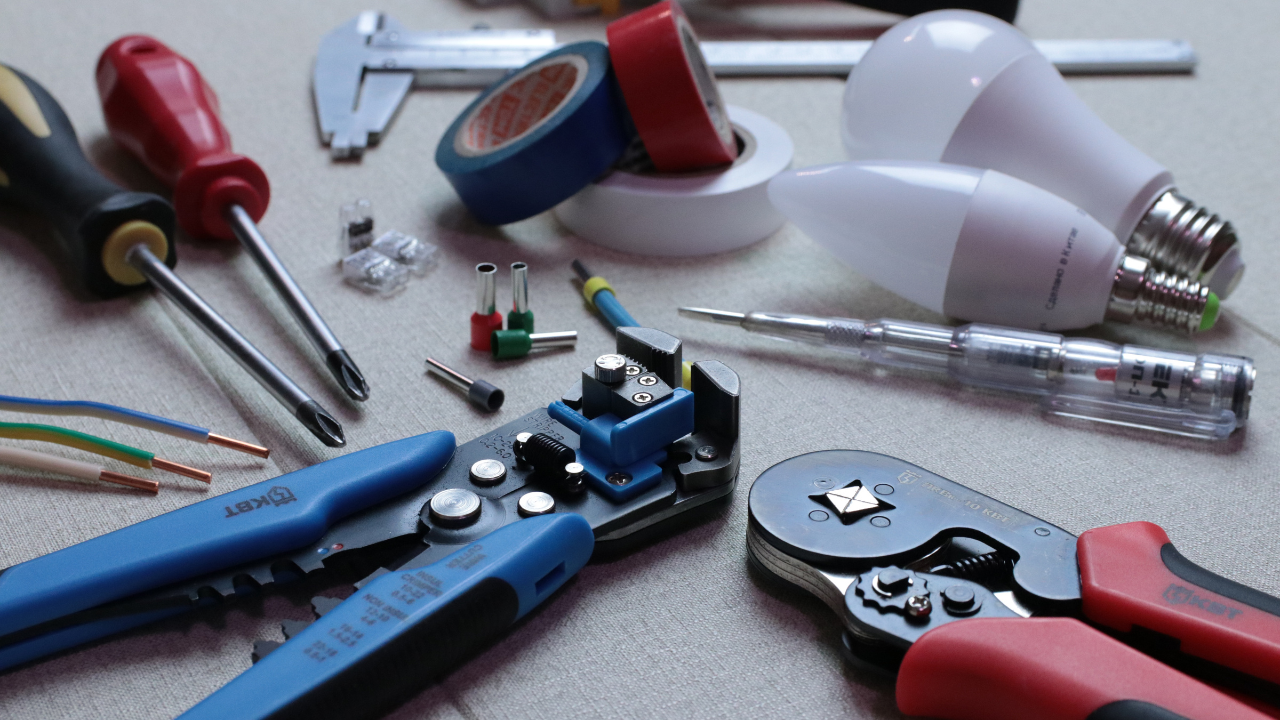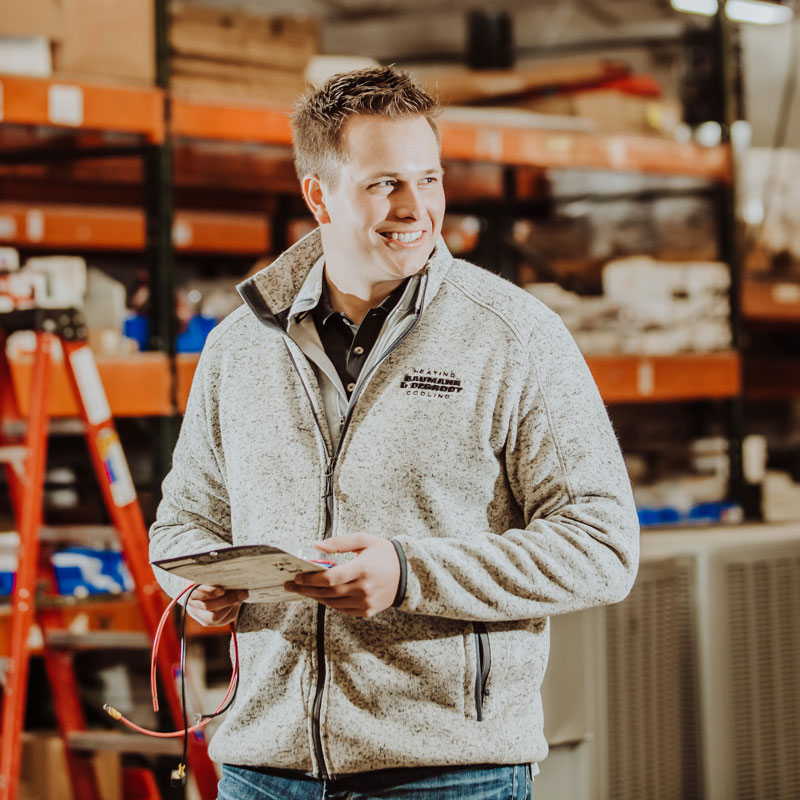When To DIY and When To Call A Pro
After a long, harsh winter, furnaces across West Michigan have worked overtime to keep homes warm and cozy. It’s no surprise that months of heavy use can take a toll, leading to declining performance or even complete breakdowns. If your home’s temperature starts to drop unexpectedly and you’re unsure why, you might wonder: should you roll up your sleeves and try to troubleshoot the issue yourself, or is it time to call in the professionals? Here’s a complete guide to help you navigate DIY furnace repairs and determine when it’s best to leave the job to the experts.
DIY Furnace Repairs You Can Safely Perform Yourself
- Check your Thermostat:
- Sometimes, the culprit behind furnace issues isn’t the furnace at all—it’s the thermostat. Double-check your thermostat settings, ensure the batteries aren’t dead, and confirm that your furnace is responding correctly to your adjustments. A quick check here could save you a lot of hassle.
- Replace Your Air Filter:
- Air filters play a critical role in your system’s efficiency, yet they’re often overlooked. A clogged filter can restrict airflow, reduce performance, and even cause modern energy-efficient furnaces to shut down if they sense excessive resistance. To keep your system running smoothly, replace filters every three months—or more often if you have a large family, pets, or allergy sufferers.
- Pro Tip: If you use a cool mist humidifier in your home, consider switching to a different type. These humidifiers can release a fine white dust that clogs air filters, blocking airflow and leading to operational issues with your furnace.
- Air filters play a critical role in your system’s efficiency, yet they’re often overlooked. A clogged filter can restrict airflow, reduce performance, and even cause modern energy-efficient furnaces to shut down if they sense excessive resistance. To keep your system running smoothly, replace filters every three months—or more often if you have a large family, pets, or allergy sufferers.
- Check Your Breakers:
- If your furnace isn’t running at all, it might not be receiving power. Head to your home’s breaker panel and see if the furnace circuit has tripped. If so, switch it to OFF and then back to ON to reset it. This simple fix could get your furnace up and running again.
When to Shut Down your Furnace and Call a Pro
There are certain situations where DIY furnace repairs just won’t cut it, and calling in an expert is the safest and smartest choice. Here are the key scenarios when it’s time to rely on a pro:
- Troubleshooting hasn’t worked: If you’ve tried all the recommended steps and your furnace is still malfunctioning, it’s time for professional help to diagnose the root cause
- Dangerously low temperatures: When the outdoor temperatures drop to the point where delayed repairs could lead to frozen pipes or health risks, don’t wait—call a technician immediately
- You smell gas: A gas leak is a serious and potentially life-threatening issue. If you detect a gas odor, leave your home immediately and contact your utility provider or a licensed professional
- Your carbon monoxide (CO) detector goes off: This is an urgent warning of a potentially lethal problem. Turn off the furnace, evacuate your home, and call emergency services or an HVAC specialist right away
- Water is leaking near your furnace: Puddles or dripping water could indicate anything from a clogged condensate line to a more serious mechanical issue, both of which need expert attention
- Your furnace is short cycling: If your system turns on and off frequently without completing a full heating cycle, it’s a sign of deeper trouble, such as an overheating issue or a faulty thermostat
- Unusual or loud noises: Strange sounds like banging, screeching, or rattling often signal mechanical problems that require immediate professional evaluation
Important Note: Both gas leaks and carbon monoxide emissions are extremely hazardous and require immediate professional intervention. To ensure the safety of you and your family, minimize exposure and contact emergency services for prompt assistance.
At Baumann & Degroot, our team of NATE Certified Service Technicians is equipped to diagnose and repair a wide range of heating and cooling equipment, including furnaces, air conditioners, heat pumps, and boilers. With their expert knowledge and advanced training, you can trust that your system is in capable hands. If your DIY furnace repairs aren’t doing the trick, we’ve got you covered. We offer a full range of high-quality heating and cooling products designed to enhance the comfort, efficiency, and reliability of your home.
Whether you need a quick fix or a complete replacement, Baumann & DeGroot is here to help keep your home comfortable year-round. You can contact us at (616) 396-4328 or schedule online.


